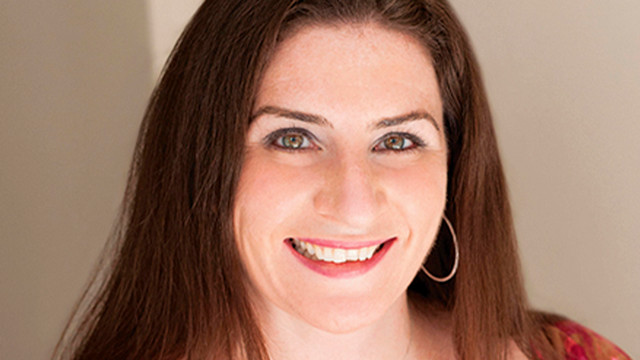Mental Health
Mind over Manhattan
There’s a novel treatment for adults and adolescents who have significant difficulty regulating their emotions, and it changed the way clinical psychologist Jill Emanuele, ’96, provides mental health support. This treatment — dialectical behavior therapy — teaches patients emotion management and mindfulness skills and “is partly based in Eastern medicine and Buddhism,” Emanuele said.
Emanuele has her practice, Urban Yin Psychology, in New York City. There, she integrates these Eastern philosophies with evidence-based treatments. Her individualized approach helps patients of all ages who experience mental health challenges like depression and anxiety.
“Living in a busy city, I want to help people ground and be peaceful in a chaotic environment or chaotic time in their life.”
“Living in a busy city, I want to help people ground and be peaceful in a chaotic environment or chaotic time in their life,” Emanuele said. “I want to provide people with a haven.”
Emanuele’s Richmond education laid the groundwork for her clinical experience. “The psychology department was a really good training program because they emphasized research-informed learning,” Emanuele said. “They prepared students well to be scientist practitioners.”
Since moving to New York City, Emanuele has worked in a variety of clinical environments, including 11 years as vice president of clinical training at Child Mind Institute, a nonprofit focused on children’s mental health. “A career in clinical psychology is so versatile,” Emanuele said. “And we desperately need more clinicians in this space.”
Many mental health providers like Emanuele have experienced an increased demand for their services in recent years for a myriad of reasons. “It is not always about diving into one’s childhood for an extended period of time,” she said. “Instead, much therapy is present-focused and addresses specific goals to improve one’s life. But the success of it, in part, depends on one’s willingness to openly engage with the process.”
